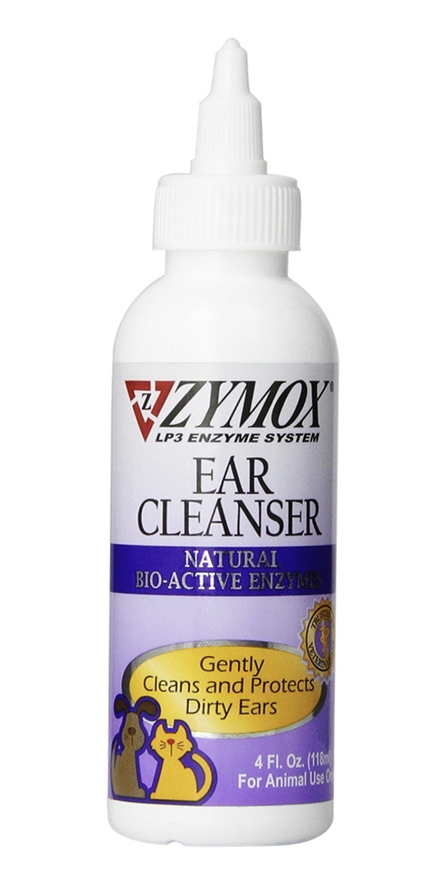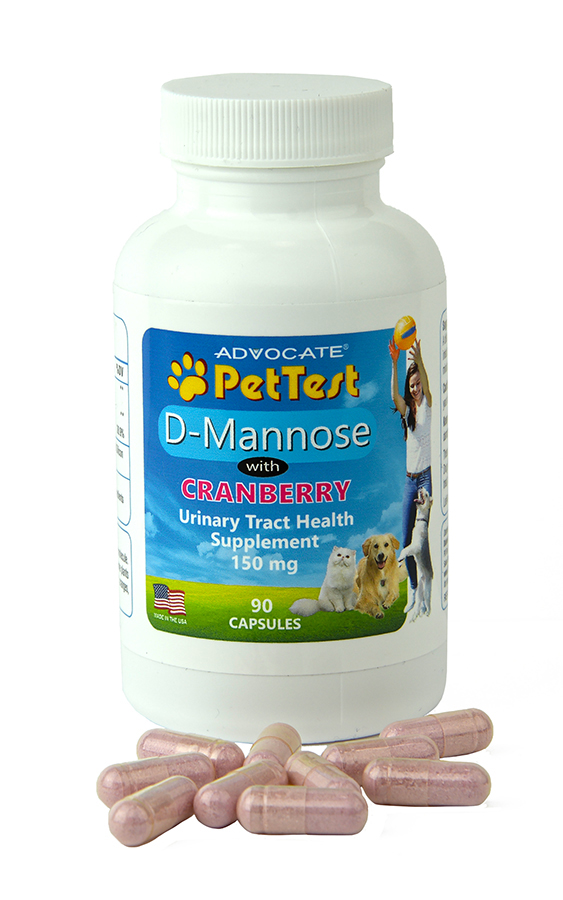Prevention and Your Diabetic Dog
We have spoken before about just taking a quick extra step or two to prevent bigger issues is worth the little extra effort. What are our biggest things to prevent when it comes to our Diabetic Dogs? Good question. The big three are Infections, Pancreatitis and DKA. There are others, but these three are the most expensive to treat and can be avoided pretty easily. Let’s get started…

Infections: The most common infections that are prevalent in our pups are UTIs (Urinary Tract infections) and ear infections. Really any bacterial infection is harder to get rid of in our pups because the higher glucose level in their blood will feed the bacteria. This is why we typically need a much longer course of antibiotics than a non-diabetic pup. The best way to treat infections is to do all that we can to prevent them. Let’s start with ear infections.
If your pup is prone to ear infections, you can prevent them by doing an ear cleanse once or twice a week. Many use the Zymox WITHOUT steroids. It is the ear cleanser that you want, not the drops.
Pancreatitis: Again, the best prevention for this is to get BG (Blood Glucose) numbers into a good range 150-250. This takes time, so be patient. Other than getting numbers down, feeding a food that is low enough in fat on a dry matter basis (12% DMB for all Diabetic dogs, 10% DMB for any that have had pancreatitis in the past). Important to remember that the fat percentage that is on the bag or can is not the correct percentage of fat. You will need to convert that number to Dry Matter to get the actual percentage. Here is an online calculator that can do that for you. http://fnae.org/dmb.html
If you missed the blog post about Pancreatitis, you may want to refresh your memory by clicking here:
https://shoppettest.com/blog/pancreatitis-in-your-diabetic-dog/
Urinary Tract Infections are very prevalent in our pups. Even if your pup wasn’t prone to them before, they can be now. They are preventable with two steps, one easier than the other. Getting BG (Blood Glucose) under control is the first step, easier said than done. The other thing that you can do to prevent UTIs (Urinary Tract Infections) while working on getting those numbers down is to give D-Mannose daily. You may want to go back to the blog entry entitled “D-Mannose And Your Diabetic Dog” to see how it works. This is the best preventive that I am aware of. I gave this to my Max daily and he never had a UTI in his life. I’m a big fan of prevention.
DKA (Diabetic Ketoacidosis): As with the others, getting your numbers in line is the best way to prevent DKA. The extra step that you can take is to make sure that you always have ketone strips at the ready. When numbers are running a bit high (400 and up), you’ll want to test urine frequently. The dangerous thing about ketones is that they can build very quickly, so you want to monitor them fairly often when numbers are above 400. For a refresher on DKA (Diabetic KetoAcidosis), look back to this blog entry:
https://shoppettest.com/blog/ketone-testing-my-diabetic-dog/
In summary, prevention will save you time, energy and in the long run… money. Let’s recap…
For Infections: Ear cleanser once or twice a week and for UTI prevention, D-Mannose
Pancreatitis: Be very sure that your food is low enough in fat on a Dry Matter Basis to not kick off a flare.
DKA: Keep ketone strips in your arsenal at all times and test often if BG is 400 or over.
Notice that for most of the products or groups that I mention, the text is linked to a website that you can purchase that item or a link to join the group mentioned. Just click on the colored text (red or blue, depending what device you are on) and it should take you right to the item or group. If you have any thoughts or ideas for topics that you’d like to see covered here, please feel free to comment below or send me an email at NancyForPetTest@PharmaSupply.com. As always, please “like” this blog post or any of the others that have helped you or just refreshed your memory. Look for new posts every Monday, Wednesday and Friday!
Until next time…


